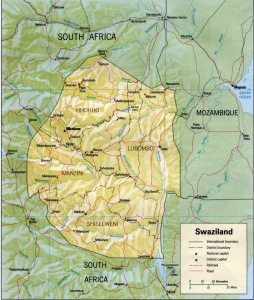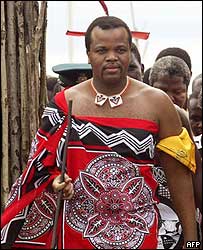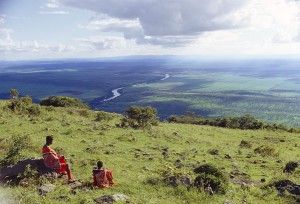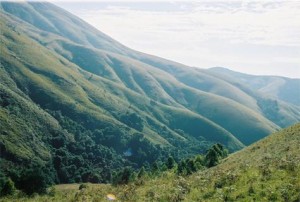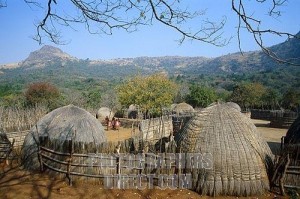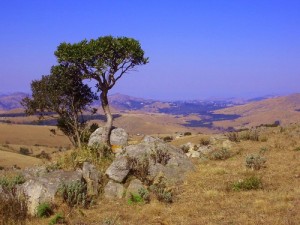10 Things (to do before I die)
Today Beth and I look to the future with our list of 10 things we want to do before we die. Some items on this list represent things we already have in the works. Other items represent things we simply need to make happen. Finally, a few things on this list are so far out there, I have no idea how to make them happen, but by listing them, hopefully I will move that direction.
- Live overseas – Beth and I are very serious about spending a significant amount time in a place where our worldview is forced to expand, and where life is redefined. Furthermore, we want to make sure Mikayla is a part of this experience. You can read more about our plans to move to Swaziland in the next few years here, here and here.
- Know everything about something and something about everything – This is taken from a quote by Thomas H. Huxley, but does a great job at summing up my educational goals. I do foresee a time when I pursue a Ph.D., but even if I don’t, I want to be intentional about knowing enough about one subject that I can be a resource to others. Likewise, I want to know a little about everything so that my perspective of the world is more rounded, and so I can share in the appreciation others have for their passions. (I love talking with people about what they do for a living — especially if they are really excited about their job).
- Adopt a child – Beth and I have been committed to adopting a child since our first conversations about our future plans. It just makes sense — with so many children without families, why wouldn’t we bring on of them into our home. Plus, Mikayla is so perfect (healthy, content, good looking), I think we could only go downhill. I am even ready to get fixed. Chances are we will adopt while overseas.
- Get my pilot’s license – This has been a goal of mine for quite a while. There is a good chance I will begin training in the next 6 months. While it is expensive, when you compare it to other educational costs, it is no more than a semester of graduate classes.
- Live off the grid – There are two reason behind this. 1.) I want to be a better steward of creation. 2.) I want to live more simply. There is a good chance this will occur while we are in Swaziland, but if it doesn’t, I want to make sure it happens when we get back.
- Speak at least one other language fluently – So far I have ancient Greek and Hebrew under my belt from my days at Asbury. But being able to ready 2,000 year old texts doesn’t do you much good when you want to communicate with someone today. Right now Beth and I are beginning to work on our siSwati so we can speak the second national language of Swaziland. It might not be the most practical language (only 1M in the world speak it), but it will certainly help us with our time overseas. Once we are back, I may work on my Spanish.
- Watch a space shuttle launch – Not as profound as some of the other items on my list, but ever since my 5th grade class did a whole unit on space and learned about the whole launch process, I have been fascinated. I think it would be awesome to see a launch live — especially a night launch.
- Visit all 7 continents – I have 2 down and will get a 3rd shortly. Antarctica will be tough, but if I get the other 6, I am pretty sure I could make it happen. I actually have several friends who work there during the southern summer.
- Complete an epic backpacking trip – I doubt I will ever complete the AT, the CDT, or the PCT, but I want to do something major. Maybe it won’t even be stateside. I want to experience the thrill of completion along with the time to reexamine life that comes with such a trip.
- Celebrate my 50th anniversary, walk my daughter down the aisle, die content – How is that for a final goal? I list these last and together because these require a lifetime of dedication. I want to be happy with my life when it is through and be able to say I have been a good husband a good father.
Honorable Mention: Camp overnight in an interstate medium – Here is the place I have my eye on… easy access, wide area, cover of trees. Anyone up for it?

